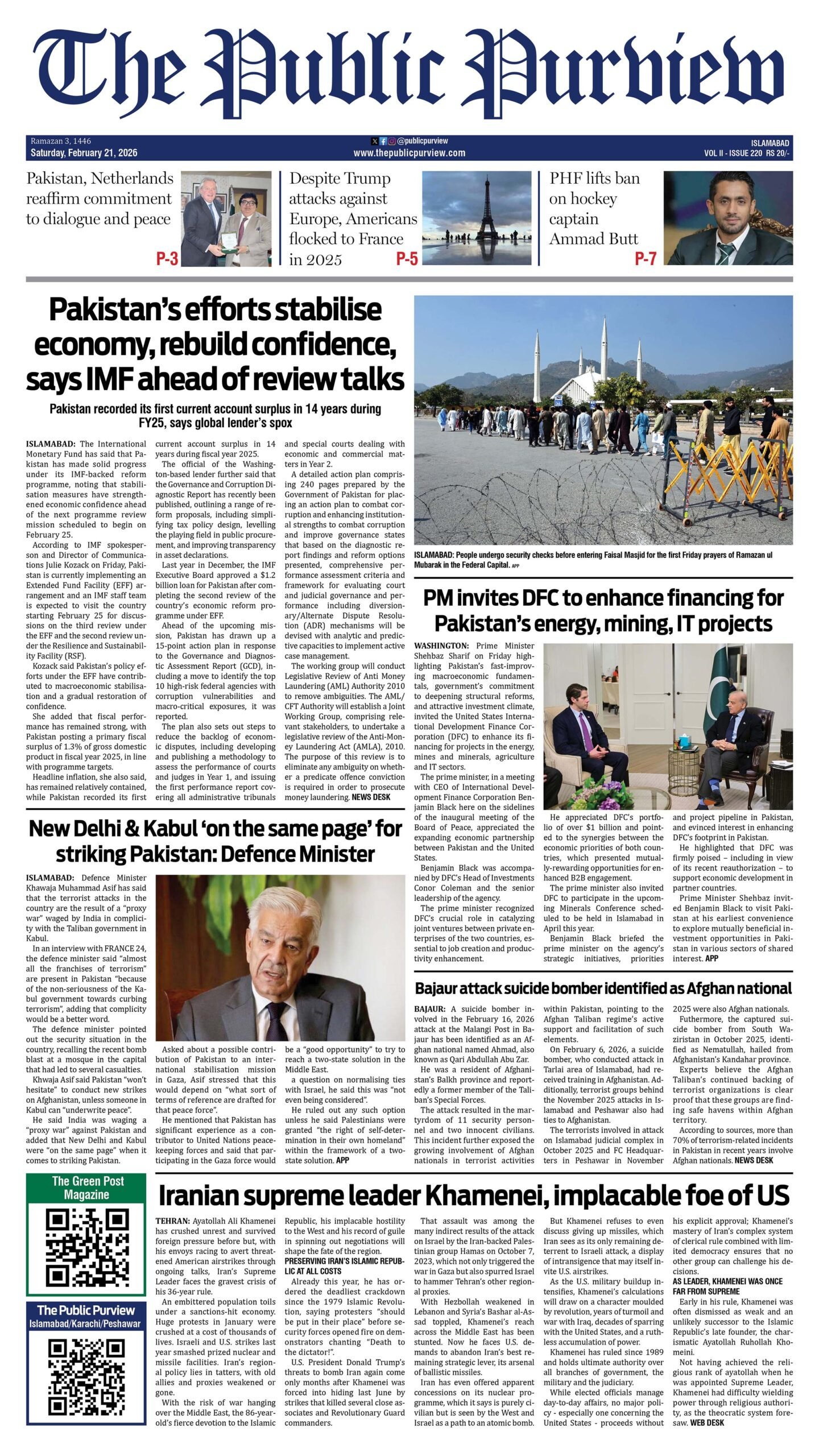ISLAMABAD: The China-Pakistan Donkey Industry Development Forum, themed “Creating Opportunities Together, Winning the Future Together,” convened in Islamabad on Thursday. The event aimed to transform the donkey industry into a modern engine for rural growth, agricultural cooperation, and economic diversification.
As a high-profile gathering, it drew hundreds of experts, scholars, business leaders, and government officials from both countries. Co-hosted by the China Chamber of Commerce in Pakistan (CCCPK) and Sangyang Industrial (Beijing) Group Co., Ltd., the forum also received guidance from the Chinese Embassy in Islamabad and Pakistan’s Ministry of National Food Security and Research (MNFSR).
Among the key speakers were Amir Mohyuddin, Secretary MNFSR; Shi Yuanqiang, Chargé d’Affaires of the Chinese Embassy; Wang Huihua, Chairman of CCCPK; Liu Qiangde, Deputy Secretary-General of the China Animal Agriculture Association; and Professor Zhang Jianhua, Former Vice President of China Agricultural University. Collectively, they emphasized the donkey industry’s potential to meet diverse market demands. Furthermore, they called for its development through standardization, scalability, branding, and industrialization.
To deepen the dialogue, the forum featured thematic sessions on genetic resource conservation, advanced breeding techniques, and development trends in both countries. In addition, experts explored high-value utilization of by-products, digital transformation, and strategies for brand building and marketing. Throughout these sessions, researchers presented findings, offered practical insights, and proposed solutions to improve efficiency and product quality.
Meanwhile, Shi Yuanqiang congratulated participants and underscored the strategic value of bilateral cooperation. He noted that the donkey industry supports agricultural diversification and strengthens economic ties between China and Pakistan. “It will inject new vitality into agricultural modernization, rural revitalization, and industrial chain development,” he said.
To reinforce this vision, MNFSR announced new policy measures. These include export agreements, regulatory frameworks, and efforts to curb illegal slaughter and smuggling. Simultaneously, CCCPK issued a Donkey Industry Self-Regulation Declaration. The document pledges legal compliance, sustainable practices, cultural sensitivity, and protection of worker and community rights.
During the event, several agreements were signed to formalize cooperation. These include a Letter of Intention between Pakistan Agricultural Research Council (PARC) and Sangyang Industrial (Beijing) Group; an MoU for the China-Pakistan Joint Laboratory for Donkey Industry Innovation; an MoU between Cholistan University of Veterinary and Animal Sciences and Sangyang Global (Private) Ltd.; and a Strategic Cooperation Agreement between the Ejiao Industry Association of Dong’e County, Shandong Province, and Sangyang Global (Private) Ltd.
Looking ahead, Wen Ming, CEO of Sangyang Industrial, announced plans to develop the sector through a contract farming model. He expressed confidence that, with embassy guidance and government support, Pakistan’s donkey industry could become sustainable, high-quality, and eco-friendly.
Moreover, Professor Zeng Shenming of China Agricultural University underscored the importance of technological innovation. He advocated for improved breeding, nutritional standards, feeding precision, and processing technologies. Additionally, he urged integration of data and smart management systems to reduce costs and boost competitiveness.
In conclusion, the forum provided a high-level platform for international exchange and cooperation. Participants pledged to enhance communication, build consensus, and drive innovation in technology, structure, and value creation. Ultimately, they agreed that these efforts would uplift rural economies, raise farmer incomes, and meet the growing aspirations of people in both countries.







 Today's E-Paper
Today's E-Paper